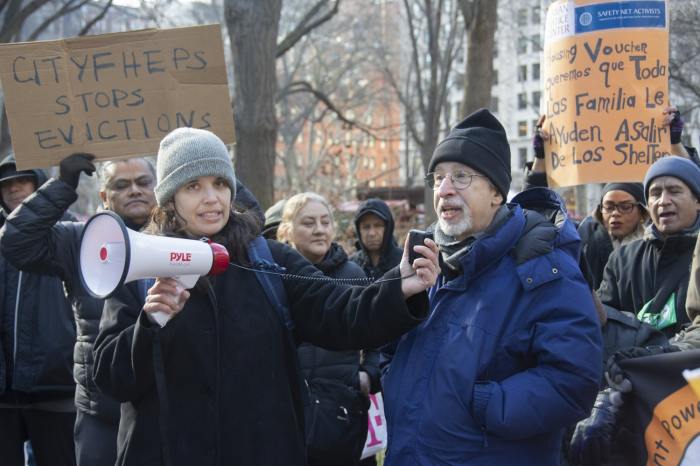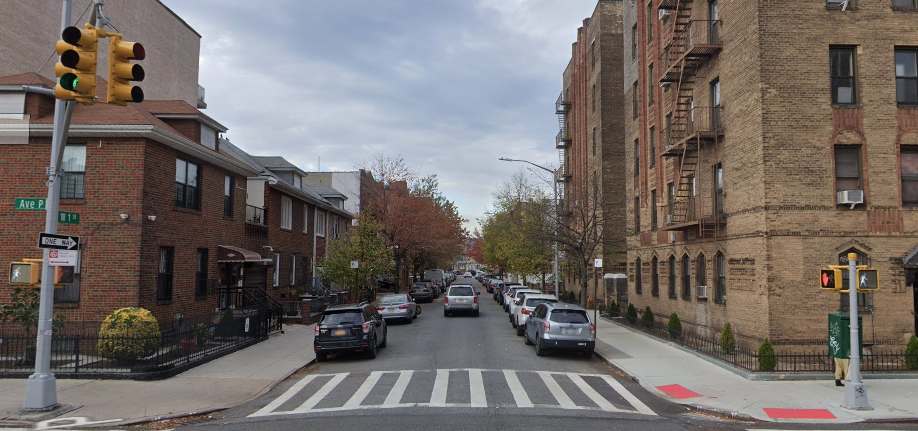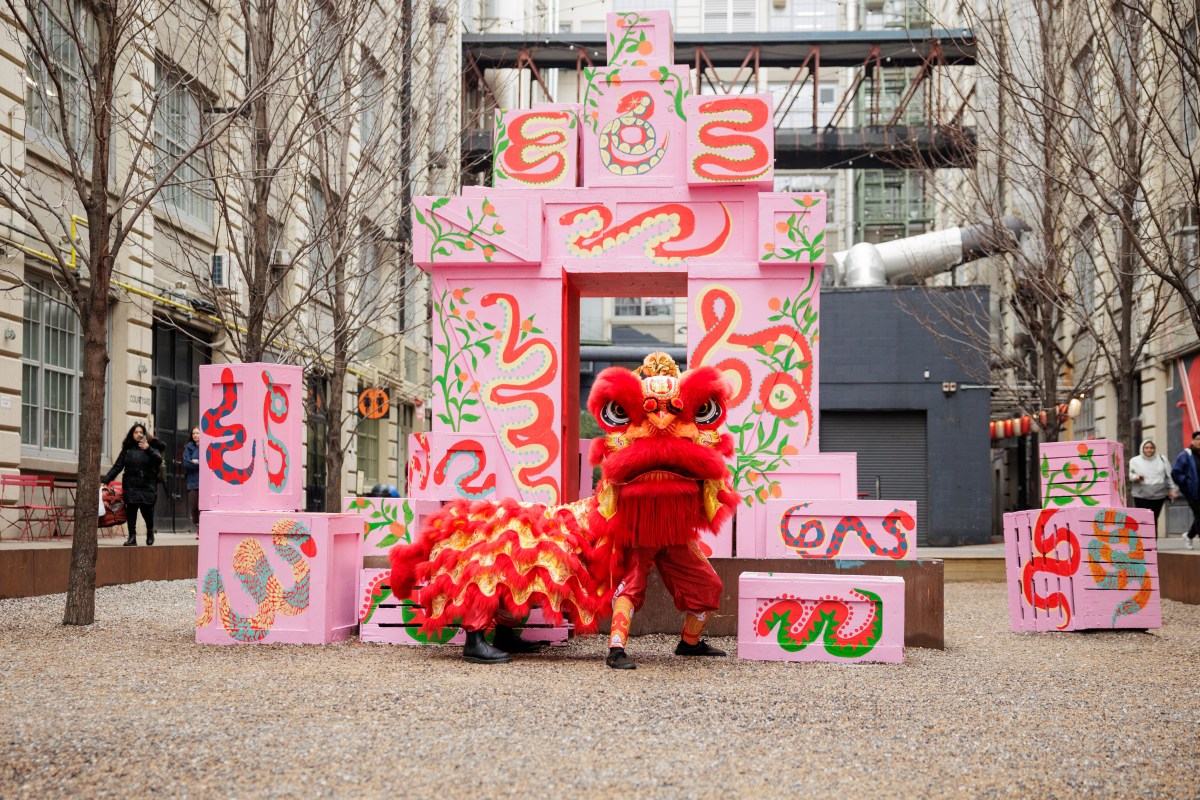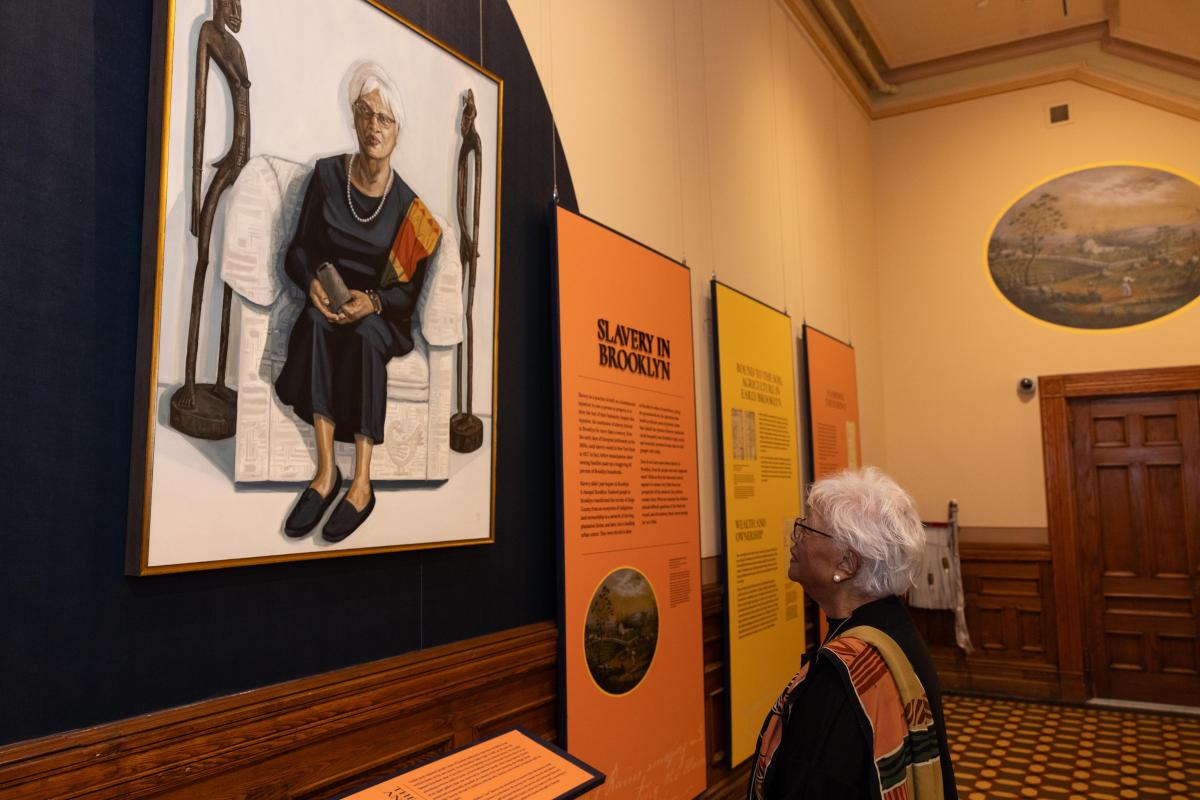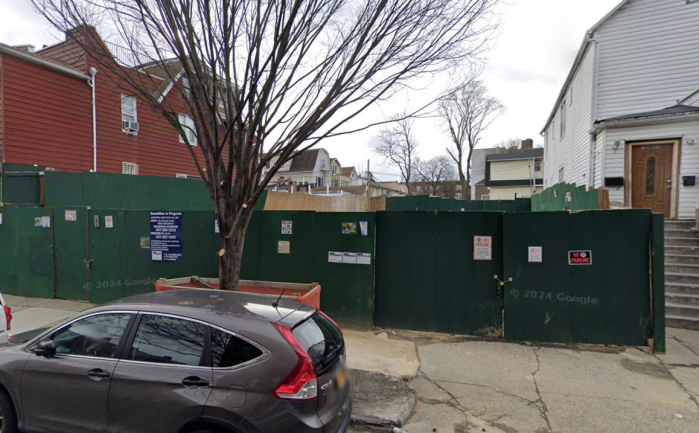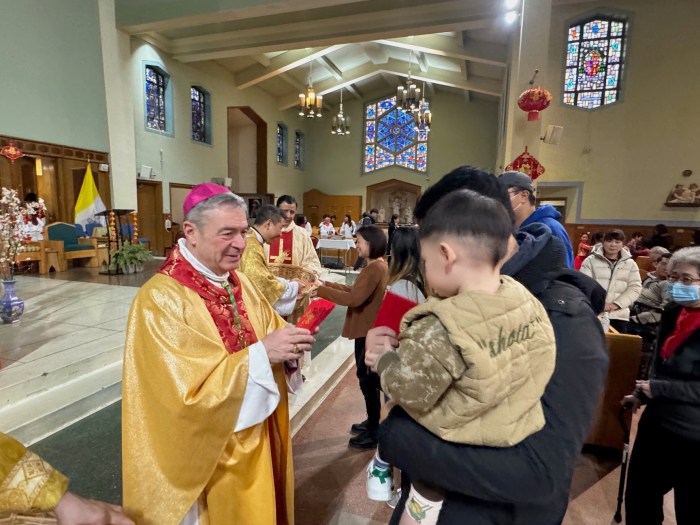
Transgender inmates in New York City will now be housed with the gender they identify with, Mayor Bill de Blasio announced on Monday.
The new policy, based on findings from the NYC Commission on Human Rights, will ensure that the city’s Department of Correction provides housing to inmates consistent with their gender identity. Inmates would also be able to be placed into the Transgender Housing Unit, which was established in 2014 and currently houses about 12 people.
“It’s the city’s responsibility to protect the rights and safety of all New Yorkers, and that means protecting transgender individuals in city jails as well,” de Blasio said in a statement. “New York City is one of the first major cities to commit to taking this step, and it’s crucial to ensuring all our facilities are welcoming and safe for all New Yorkers, no matter their gender identity.”
A DOC representative said that as of April 17, there are 26 individuals in custody who self-report as transgender, and one individual who self-reports as gender nonconforming.
The mayor said the policy adds to the 2016 executive order that required city agencies permit employees to use single sex facilities, like bathrooms, consistent with the gender they identify with. But the DOC was temporarily exempt from the order when it came to housing for inmates.
Now, the DOC will have six months to implement the new policy, according to the mayor’s office, and has to give bimonthly progress reports to the Commission on Human Rights.
“The department is committed to safely housing inmates in a way that considers an individual’s transgender identity and maintaining a humane and safe jail system for all New Yorkers,” DOC Commissioner Cynthia Brann said in a statement.
Carmelyn P. Malalis, the chair and commissioner of the Commission on Human Rights, said in a statement that the new policy demonstrates the city’s commitment to transgender and gender nonconforming people.
“No one should feel unsafe for being who they are,” she said. “Housing incarcerated individuals consistent with their gender identity is not only about dignity and respect but an important recognition of the unique challenges and vulnerabilities transgender and gender nonconforming individuals face in corrections facilities nationwide.”





